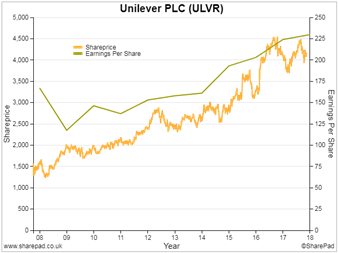Monthly Investment Note: March 2023
Global GDP and inflation pressures continue to persist in the financial system with the European & US
economies reporting higher than expected inflation and lower GDP for the final quarter of 2022. US inflation was measured at 6.3% and European inflation at 10% (Ireland is estimated to be 8%) in Feb, while the UK inflation was estimated to be 10.1% and these headline figures are driving interest rate policy currently.
It was thought that the FED might start to ease the rate of interest rate increases early this year but it is now increasingly likely this may be postponed until later in the year or until they have sight of the core inflation rate (4.7%) falling.
With the FED interest rate at 4.75%, EU rates at 3% and UK rates at 4%, bond yields have risen in line and have resulting in valuation reductions in the last 14 months. It is expected that interest rates will continue to rise over the next 6 months and therefore we have decided to halt long term bond purchased until there is sight of the terminal interest rate, expected later in the year.
Global equities have enjoyed a start of the year rally with the index of global stocks up 4.3% (in Euro term) since the beginning of the year. While US equities have risen 3.1%, Japanese equities risen 2.4%, it is the European equities who are the start performers following a rise of 7.9% this year so far. (all Euro hedged). This strong performance is driven (in large part) by the good value on offer with a plethora of companies showing strong balance sheets & free cashflows and trading at good value (12.5 x fPE) in other words good quality companies suitable for this economic cycle. This is in contrast to US equities which are trading at ca. x 18.4 fPE.
We continue to favour taking positions in Globally diverse equity funds which are trading at good to fair value and avoiding the purchase of long / medium term bonds as we expect to see further interest rate rises in 2023. Conservatively, therefore, we are looking at total return funds as alternative investments to bond funds.
All views and details contained within this article are for information purposes only, are subject to change & are not advice. We recommend you seek independent clarification for your particular circumstances. Lifetime Financial Planning makes no representations as to the accuracy, completeness nor suitability of any of the information contained within and will not be held liable for any errors, omissions or any losses arising from its use.







